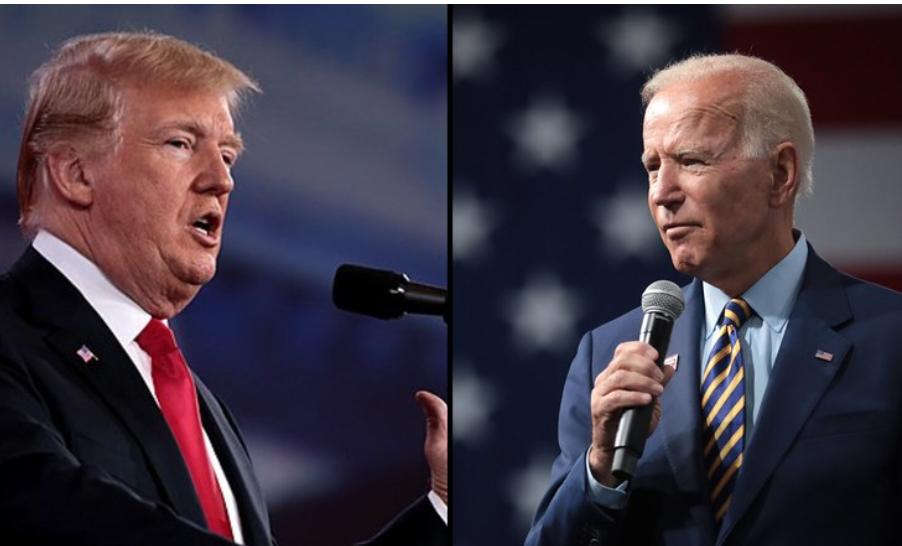Biden and Trump Win Michigan Primaries, Edging Closer to a Rematch

President Joe Biden and former President Donald Trump emerged victorious in the Michigan primaries on Tuesday, solidifying the likelihood of a rematch between the two prominent figures. However, early results from the state shed light on some of their key political vulnerabilities heading into the November general election.
A robust "uncommitted" campaign, driven by activists discontented with Biden's approach to the Gaza conflict, gained traction, surpassing the 10,000-vote margin by which Trump secured Michigan in 2016. This year's protest effort aimed to amplify concerns regarding Biden's handling of international affairs.
Meanwhile, Trump secured victories in the first five states on the Republican primary calendar. Nevertheless, indications suggested that he continued to face challenges from influential voter demographics, particularly those who had shown preference for former U.N. Ambassador Nikki Haley in previous contests. Haley demonstrated strength in areas with college towns like Ann Arbor, as well as suburbs surrounding Detroit and Grand Rapids.
For Biden, the significant percentage of "uncommitted" voters signaled potential weakness within segments of the Democratic base in a crucial state for the November elections. On the other hand, Trump encountered difficulties with suburban and college-educated voters, alongside internal dissent within his party regarding legal matters.
Michigan boasts the largest concentration of Arab Americans in the United States, with over 310,000 residents of Middle Eastern or North African descent. The "uncommitted" campaign gained momentum as a grassroots response to objections against the toll of Israel's offensive in Gaza.
Efforts to encourage "uncommitted" votes received support from figures like Democratic Rep. Rashida Tlaib and former Rep. Andy Levin. These votes hovered around the 15% mark needed to qualify for statewide delegates, although it remained uncertain if the campaign would secure delegates locally.
Biden highlighted the progress his administration has made for Michigan voters but cautioned against Trump's divisive rhetoric, which he argued could undermine democratic values and progress. Trump's narrow victory in Michigan in 2016 underscored the significance of mobilizing voters who might sway the outcome of the election.
Trump's dominance in early primary states, despite some challenges among certain voter demographics, positioned him as a frontrunner for the Republican nomination. However, Haley's strong showing in Michigan suggested potential fissures within the GOP that could impact the general election.
Despite Trump's legal entanglements, which included multiple criminal charges, prominent figures within the Republican Party, such as South Dakota Sen. John Thune, rallied behind him. Meanwhile, Biden's campaign focused on bolstering its financial reserves, signaling preparedness for the upcoming electoral battle.
As the political landscape continues to evolve, both parties strategize to secure support and navigate the challenges ahead, with Michigan poised as a critical battleground in the quest for electoral victory.